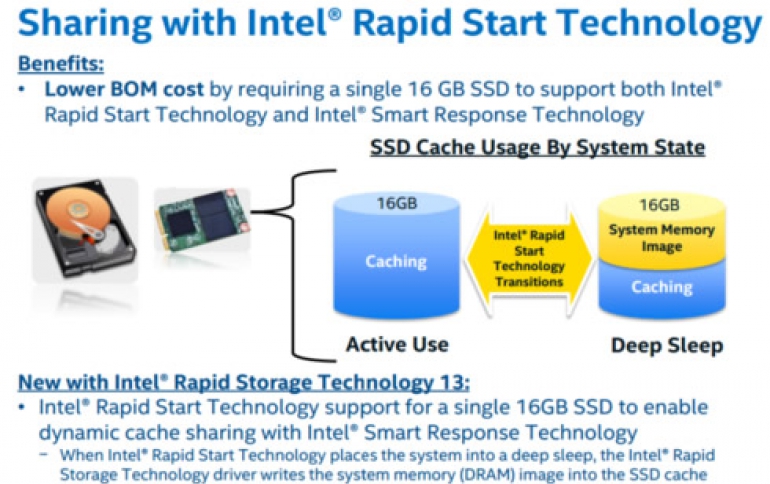
UK 'Softens' Copyright Alert Program
A deal between entertainment industry bodies and UK internet service providers to help combat piracy seems to be imminent and will just include "educational" letters sent to internet users believed to be downloading illegally.
BBC reports tha British ISPs BT, Sky, TalkTalk and Virgin Media have agreed to send letters to their customers with suscpicious downloading activity.
The deal has been struck with the BPI and the Motion Picture Association (MPA).
Rights holders will identify the IP addresses of devices owned by downloaders and will send a "Copyright Infringement Report", known as a CIR, to the ISP involved. The ISP will then match that report to a customer account it knows was connected to the internet from that IP address at the time of the download. It will then send out an alert to that customer about the behaviour, either as an email or a physical letter.
The new measures are consderably "weaker" than originally planed, which suggested the alert letters to tell repeat infringers about possible punitive measures. The original plan also suggested the establishment of a database of illegal downloaders, opening the possibility of further legal action against individuals.
In the new alert letters, which are expected to be sent out in 2015, no individual person will be directly accused.
Regarding the collection of data of customers that will receive alerts, UK's data regulator is advising ISPs to keep a record of which accounts had received alerts for up to a year.
The rights holders will also receive a monthly break down of how many alerts have been sent out, but only the ISPs will know the identities of the customers involved.
A maximum of four alerts can be sent to an individual customer account.
The deal has been struck with the BPI and the Motion Picture Association (MPA).
Rights holders will identify the IP addresses of devices owned by downloaders and will send a "Copyright Infringement Report", known as a CIR, to the ISP involved. The ISP will then match that report to a customer account it knows was connected to the internet from that IP address at the time of the download. It will then send out an alert to that customer about the behaviour, either as an email or a physical letter.
The new measures are consderably "weaker" than originally planed, which suggested the alert letters to tell repeat infringers about possible punitive measures. The original plan also suggested the establishment of a database of illegal downloaders, opening the possibility of further legal action against individuals.
In the new alert letters, which are expected to be sent out in 2015, no individual person will be directly accused.
Regarding the collection of data of customers that will receive alerts, UK's data regulator is advising ISPs to keep a record of which accounts had received alerts for up to a year.
The rights holders will also receive a monthly break down of how many alerts have been sent out, but only the ISPs will know the identities of the customers involved.
A maximum of four alerts can be sent to an individual customer account.





















